generators burn oil | why, signs, effects, causes & solutions
- By BISON
Table of Contents
In an era of increasing energy dependence, generators remain a crucial component in ensuring uninterrupted power supply. These machines, often seen as the unsung heroes during power outages, are fueled by oil to provide electricity. However, a generator that is burning oil isn’t acceptable to shrug off.
BISON will delve into understanding why generators burn oil and what signs to look out for that indicate excessive oil consumption. Furthermore, we will explore the effects of burning oil on both the generator and the environment, the common causes behind generator burning oil, and the preventive measures that can be taken to mitigate this issue.
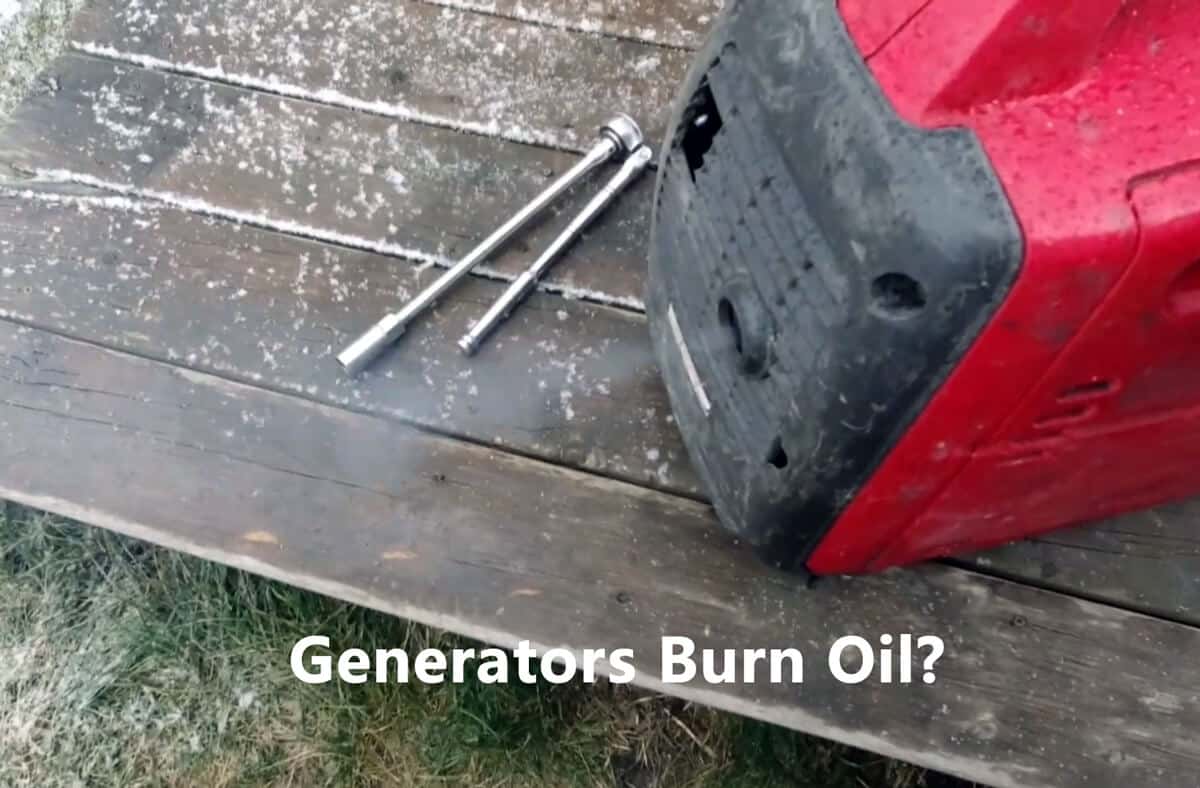
Why do generators burn oil?
Generators burn oil as part of their normal operation. The oil in a generator plays several crucial roles that are vital to the machine’s efficient running and overall lifespan. Now, let’s delve into why generators need oil and how it contributes to their functioning.
- Lubrication: The primary role of oil in a generator is to provide lubrication. Generators consist of numerous moving parts, including pistons, crankshafts, and camshafts. These components are subject to friction during operation, which can lead to wear and tear. Oil forms a thin layer between these parts, reducing friction and preventing premature wear and tear.
- Cooling: Generators produce significant amounts of heat when in operation. If not effectively managed, this heat can cause severe damage to the generator’s components. This is where oil steps in – the oil circulates through the engine, picks up heat from the hot components, and carries it away to be dissipated, thus preventing overheating.
- Cleaning: Oil also plays a crucial role in keeping the generator clean. It collects and holds dust, dirt, and other particles that have made their way into the engine. Then holds them in suspension or directs them to the oil filter where they are removed from the system.
- Sealing: In addition to lubrication, cooling, and cleaning, oil also aids in sealing the gap between the piston rings and the cylinder walls in the engine. This prevents combustion gases from leaking into the oil and maintains the pressure within the cylinders, contributing to the efficient running of the generator.
Signs that generator is burning oil
Recognizing the signs of a generator burning oil can help prevent severe damage and extend the life of your machine. Here are some key signs that your generator might be burning too much oil.
- Decreased oil levels: The most obvious sign is a rapid decrease in oil levels. If you find yourself having to replenish the oil more frequently than usual, it could indicate that the generator is burning too much oil.
- Excessive smoke: Generators usually emit a small amount of exhaust, but if you notice thick, blue or white smoke coming out of the exhaust pipe, it may suggest oil burning.
- Spark plug: Leaks can occur due to worn-out seals or gaskets. Oil leaking into the combustion chamber can foul the spark plugs, leading to issues like hard starting, misfiring, or loss of power. If you notice these problems and see oil residue or soot on the spark plugs, it could indicate oil burning.
- Unusual noises: Excessive oil consumption can lead to insufficient lubrication of the generator’s internal components, causing them to wear out faster. This can result in unusual noises like knocking, rattling, or pinging during operation.
Effects of burning oil
The burning of oil in generators has several consequences, both for the environment and for the generator itself. These effects can range from contributing to global environmental issues to reducing the efficiency and lifespan of your generator.
Environmental impact
Generators that burn oil contribute significantly to greenhouse gas emissions. The combustion process releases pollutants like carbon dioxide (CO2), methane (CH4), and nitrous oxide (N2O) into the atmosphere.
Moreover, burning oil can also release particulate matter and other harmful substances that contribute to air pollution. This can lead to numerous health problems in humans, such as respiratory issues and cardiovascular diseases.
Impact on the generator
- Excessive oil burning can have detrimental effects on your generator’s performance and longevity. Here’s how:
- Reduced efficiency: When oil leaks into the combustion chamber, it can dilute the fuel-air mixture, making combustion less efficient.
- Potential damage: Excessive oil consumption can lead to insufficient lubrication of the generator’s internal components, causing them to wear out faster.
- Spark plug fouling: As previously mentioned, oil leaking into the combustion chamber can foul the spark plugs. This can cause the generator to run roughly, lose power, or even fail to start.
causes and solutions of generators burning oil
The excessive burning of oil in a generator can be attributed to various reasons, ranging from normal wear and tear to more serious mechanical issues. Here are some common causes and their respective solutions:
Use the correct type and amount of oil:
Use the wrong oil, especially one with a lower viscosity than the manufacturer recommends (or what the weather and temperature dictate). You may notice a decline in your oil level as the engine runs.
This is because the oil moves up the cylinder wall and is thin enough to work between the piston and the cylinder walls and through a small gap in each of the three piston rings. The oil will eventually accumulate on top of the piston and ignite the fuel and air mixture from the carburetor during combustion.
Always refer to your generator’s manual for the recommended type and amount of oil.
Clogged air filter
This is the easiest to check. Typically, your generator has an air filter assembly on one corner of the engine side. A clogged air filter can cause the engine to run rich (too much fuel, not enough air), which can lead to increased oil consumption.
Release or remove whatever cover is in place and check the air filter. They start white, so use that as your reference for how dirty they are. If your generator is full of oil residue and dirt, it will cause the generator to burn oil.
This happens because every time the piston moves down during the power stroke or intake stroke, the cavity in the combustion chamber expands in size and reduces pressure (creating a vacuum).
If the air filter is clogged and restrictive, the vacuum in the combustion chamber can suck the oil, lubricating the cylinder walls to neutralize the pressure difference.
Check the air filter regularly and replace it if necessary.
Worn, damaged, misaligned piston rings
The piston rings seal the gap between the pistons and the cylinder walls. If these rings are worn out or damaged, oil can leak into the combustion chamber and burn off.
To correctly confirm this, you must disassemble your engine and remove the head entirely. It will be fun if you’re into that kind of thing.
If you have to replace the piston rings on your generator, make sure that when you put in the new ones, the gaps on each ring are spaced 120 degrees apart rather than directly on top of one another. Oil will pass through the gaps with little resistance if they are all lined up.
The task best left to a qualified technician due to its complexity. It should be possible for they to do a pressure test on your combustion chamber and determine whether your piston rings are worn out or if you have a blown head gasket (by listening to the location of the engine’s exhaust port if there is a leak).
Scratched or damaged cylinder wall
Suppose you have an engine running more gasoline than air in relation to the proper air-to-fuel ratio. In that case, it will experience incomplete combustion and generally exhaust black smoke to release the improperly combusted carbon—some of this carbon adheres to the top of the piston and walls in the combustion chamber.
The carbon will accumulate over time, finally break off, and become solid trash. As the piston goes up and down, it will become stuck between it and the cylinder wall, causing it to be grooved. After that, the crankcase oil can run up the groove and burn off in the combustion chamber.
This problem typically requires a complete engine overhaul or replacement. Remove the engine head, remove the spark plug, and turn the flywheel clockwise until the piston drops down to verify that this is the case. Visually examine and feel the cylinder’s walls with your finger. The generator will keep burning oil if it has grooves and cuts in it.
Blown head gasket
The head gasket seals the gap between the engine block and the cylinder head. If it’s blown, oil can leak into the combustion chamber or coolant passages.
The fix will depend on your make, model, and engine type, but you must remove the head. After that, scrape off the old gasket and remove any carbon buildup. Make sure you change your oil with all the mixed emissions. This is another job best handled by a professional.
Poor valve stem seal
The valve stem seals prevent oil from flowing into the combustion chamber when it shouldn’t. If the seal is rotted or damaged, oil is allowed to escape, and on OHV engines, the oil drips into the combustion chamber as the valves open above it.
Replacing the valve stem seals can resolve this issue. The rubber valve stem seals will be on top of the springs. Depending on the engine type, you must remove the valve covers and possibly the head to gain access to everything you need.
Blocked crankcase ventilation pipe
If you know where your valve cover is (it’s labeled “OHV” on overhead valve engines), you’ll see a thick black hose leading to the air filter assembly. The breather tube carries pressure from the crankcase to the air filter assembly.
If this breather tube becomes obstructed in any way (often by freezing in cold weather), it will not allow pressure to bleed through the crankcase. So, pressure can build up, pushing oil into areas where it can burn.
Regularly checking and cleaning the ventilation pipe can prevent this problem. When necessary, disconnect the tube and remove your valve cover to ensure all blockages are gone.
Article Summary
This article provides a comprehensive overview of why generators burn oil and provides solutions to mitigate the problem. Understanding why your generator is burning oil is crucial to maintaining its efficiency and extending its lifespan.
Most oil burning problems with portable generators can be caused by problems with the oil or small parts in the machine. When you notice any unusual behavior of your generator, you should immediately check the oil level. Many problems are easy to fix, but others may require consulting a professional or the generator manufacturer for guidance
Call to Action
At BISON, we’re more than just a generator manufacturer, we’re your partner in generator business. We understand that the health of generator is crucial to your business operations, which is why we’re committed to not only providing top-quality generators but also sharing our expertise on their maintenance.
Our team of experts is always working behind the scenes to ensure that our generators are engineered to avoid common issues such as oil burning. We use premium parts, follow strict manufacturing standards, and conduct rigorous testing to ensure you get a product that’s efficient, reliable, and long-lasting.
But we don’t stop there. We believe in empowering our customers with knowledge. That’s why we share insights on everything from understanding the reasons behind generator oil burning to offering solutions to mitigate it. Our aim is to help you maintain your generator’s efficiency, prolong its lifespan, and reduce its environmental impact.
So, if you’re a generator dealer looking for a reliable partner, consider BISON.
BISON – Powering Your Life, Empowering You With Knowledge!
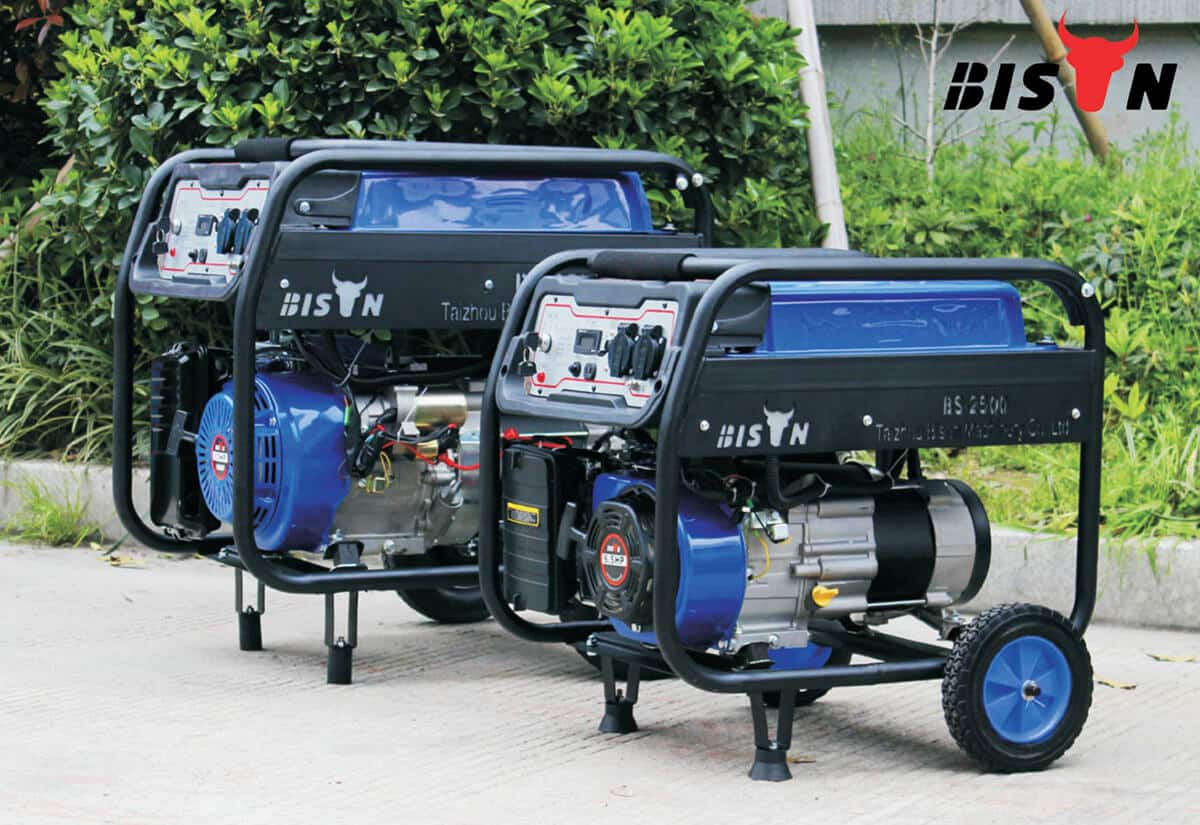
Frequently asked questions about generators burning oil
Why is my oil disappearing but not leaking?
If you don’t have an oil leak, your engine is likely burning oil. This happens when faulty engine parts allow oil to enter the combustion chamber. The oil is then burned with fuel, producing blue smoke.
Do generators need an oil filter?
Having an oil filter for your generator is also a good idea. Oil filters remove debris and dirt from the oil, which will accumulate over time and cause engine damage if not removed. Be sure to use the correct type of oil filter for your generator model as well.
How often should you change the oil in your generator?
Your generator oil should be changed according to the manufacturer’s guidelines, which may vary based on the model and age of your generator. The oil should be changed after 20-50 hours of use or at least once a year. Always check the oil level between oil changes, and add more if necessary.
Most Popular Posts
QUESTIONS?
CONTACT US TODAY.
buy?
Related Posts
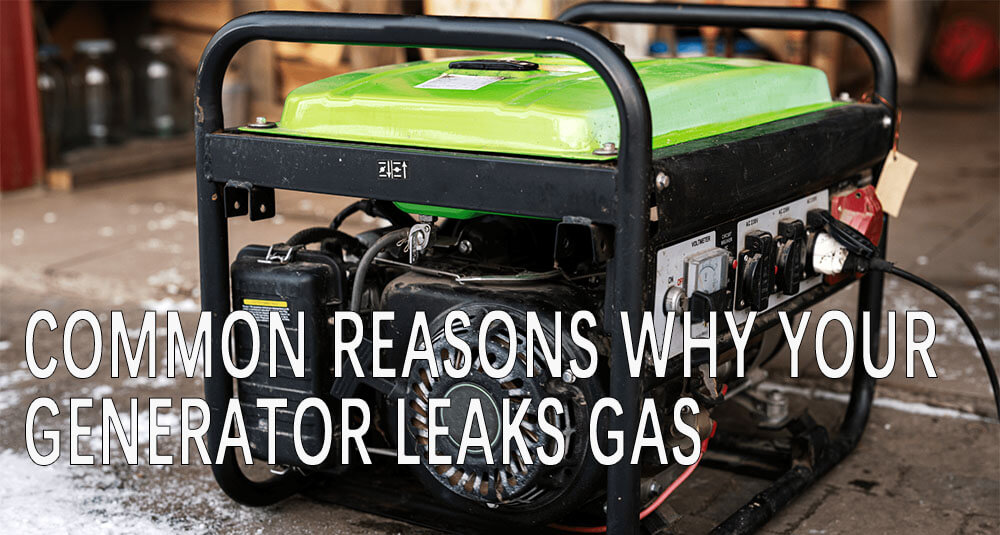
Common reasons why your generator leaks gasoline
In this guide, BISON covers common causes of gasoline leaks, warning signs to watch for, and how to fix the issue.
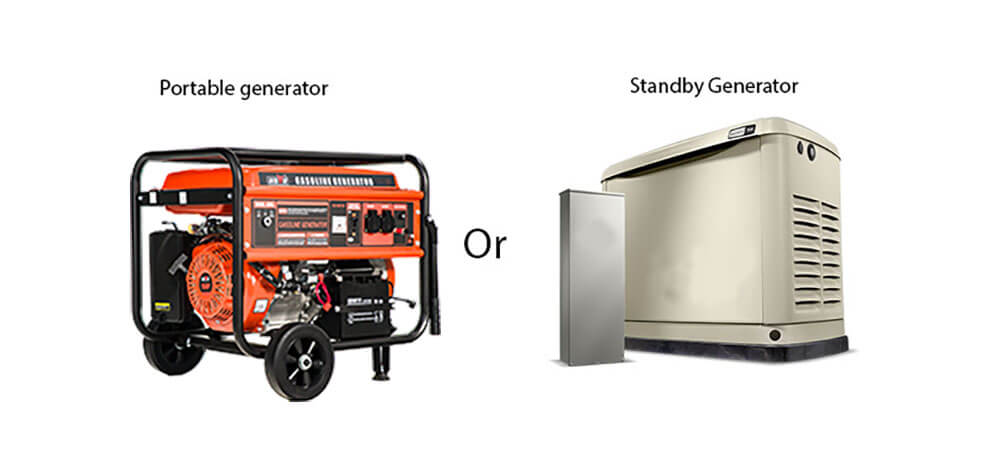
portable or standby generators: which one fits your needs?
This article by BISON breaks down the differences between portable and standby generators. By the end, you’ll find which one fits your needs best.

how to parallel generators: A comprehensive guide
BISON will explain what parallel generators mean and how they work together as a system. We will also focus on the advantages and reliability.
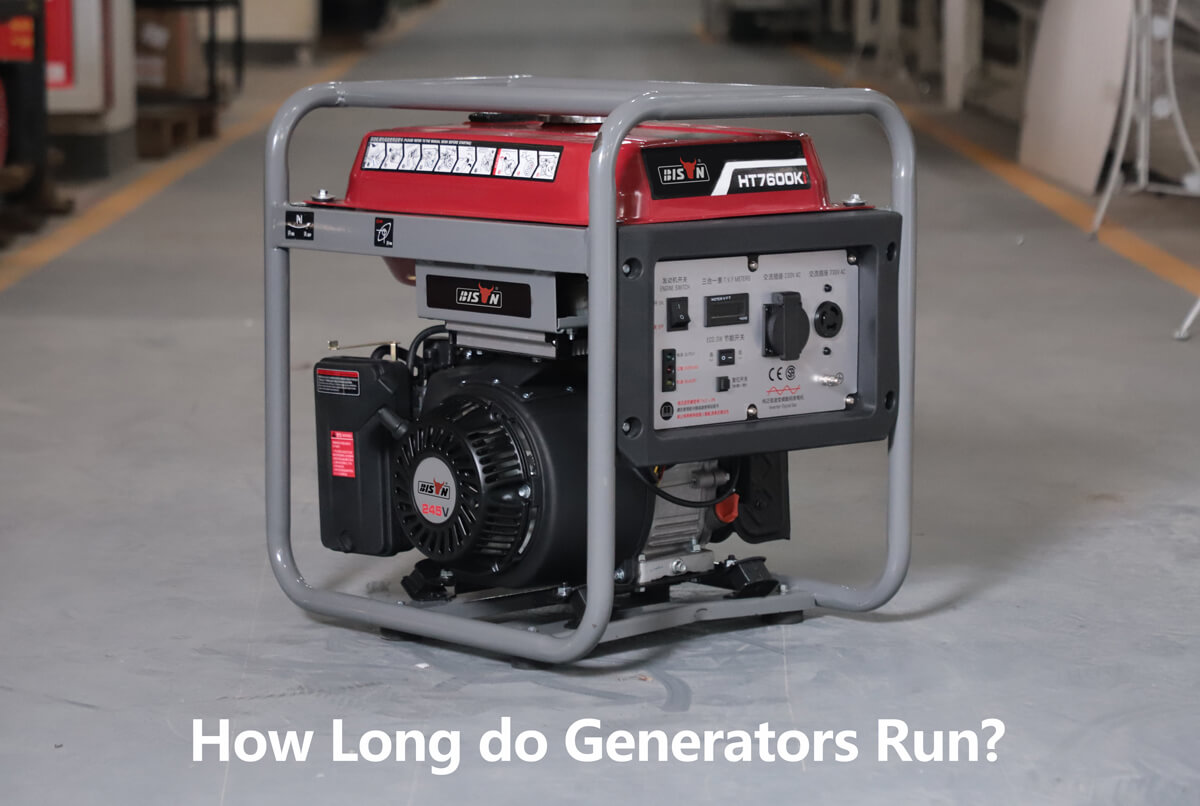
how long do generators run: what you need to know
BISON will dive into everything you need to know about how long a generator runs, helping you choose between generators with different run times.
Related Products
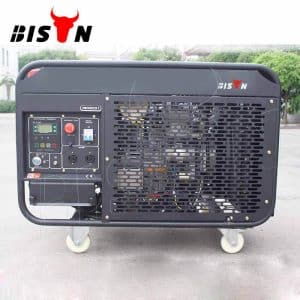
big power diesel electric generator
BISON BS9500DCE is a commercial-grade diesel electric generator that delivers big power when you need
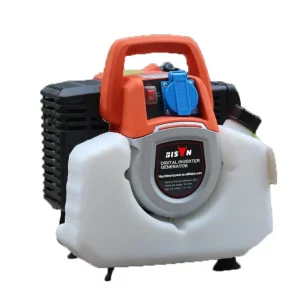
small portable gasoline inverter generator
Using 100% copper wire alternator, the small portable gasoline generator is in compliance with CE
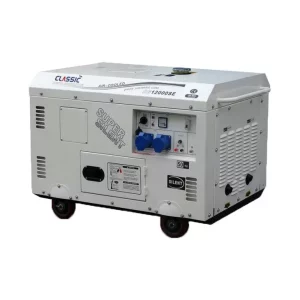
low RPM portable diesel generator
low RPM portable diesel generator – Product Parameter Place of Origin: Zhejiang, China (Mainland) Model
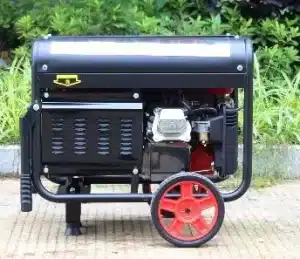
portable generators: backup power at a lower cost
PRODUCT DESCRIPTION BISON portable diesel generators are lightweight and easy to move, making them ideal
.png)
-qbpqbzxxvtguiuwezisu6wo6j1i29b4m1el1ir1u8o.png)

